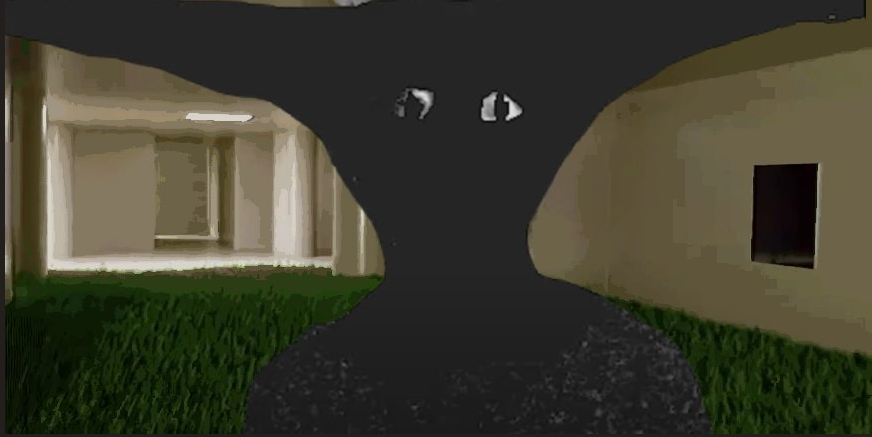
FNAD 2
My first official game, and the start of a legacy.
What started as a silly game for me and my friends to play in high school turned into the spark that ignited my love for computer science.
Intro
FNAD 2 was the natural evolution of a high school idea that started as nothing more than a fun project between friends. Originally, “Four Nights at Dingles” was my attempt to capture the same sense of tension and creativity that made Five Nights at Freddy’s so memorable, but with my own spin. What began as an inside joke quickly grew into something more serious — my first real game. Building FNAD 2 was the first time I took programming beyond the classroom, pushing myself to design not just a game, but a full experience. This was the spark that made me realize computer science was more than a hobby — it was the career path I wanted to pursue.
Skills Applied
In creating FNAD 2, I applied a variety of skills that I had developed over the years. These included programming languages like C# and Python, as well as game design principles that I had learned through both formal education and personal projects. I also honed my skills in problem-solving and critical thinking, as I had to troubleshoot various issues that arose during development. Additionally, I gained experience in project management, as I had to plan and execute the development process from start to finish.



The Future of FNAD
While FNAD 2 marked my first major project, it was far from the end. The lessons I learned from its development continue to influence my projects today, whether I’m designing applications, experimenting with new frameworks, or thinking critically about how users interact with software. I still look back at FNAD 2 as proof of what can happen when curiosity meets persistence. In the future, I hope to revisit the FNAD series with new tools and skills, pushing it into something even bigger while honoring its role in shaping my journey as a developer.
Conclusion
FNAD 2 wasn’t just a game — it was the foundation of everything I’ve built since. It taught me how to take an idea from concept to execution, how to adapt when problems arise, and most importantly, how to find joy in creating something that others can experience. What started as a high school experiment turned into a defining milestone in my career path.